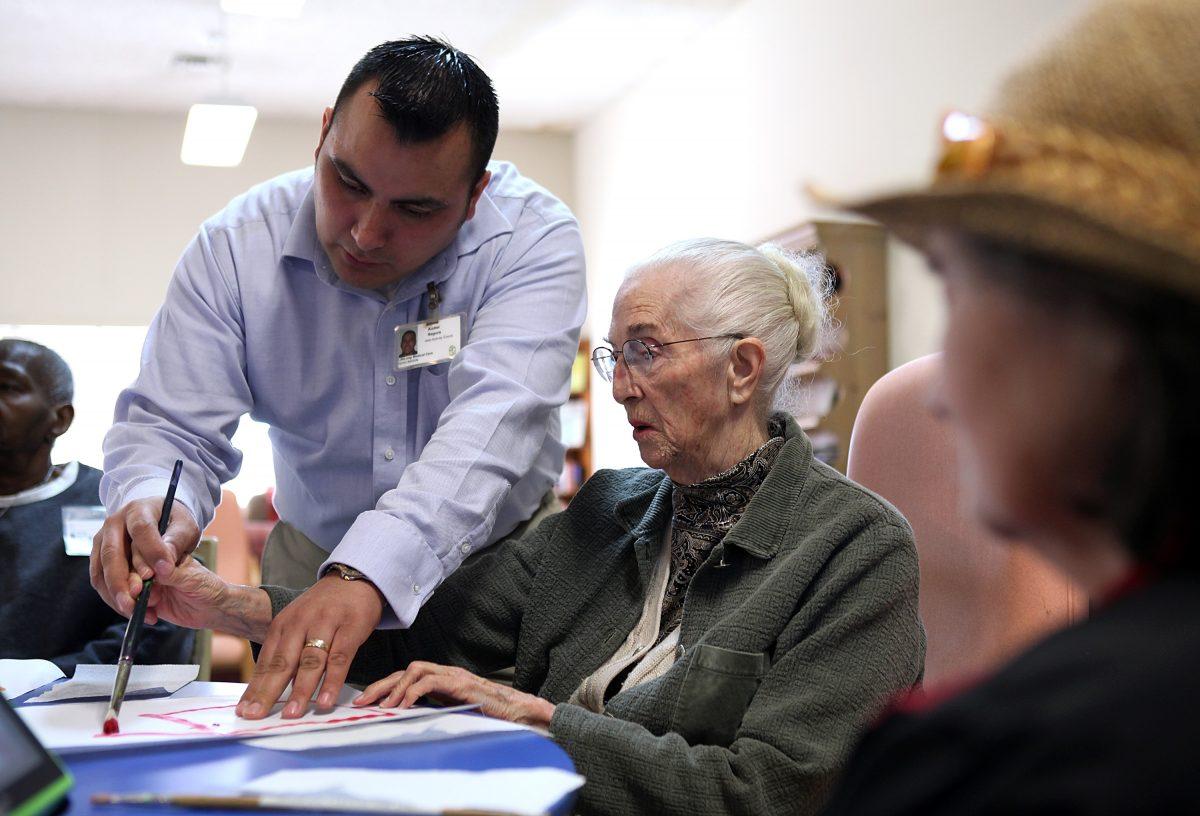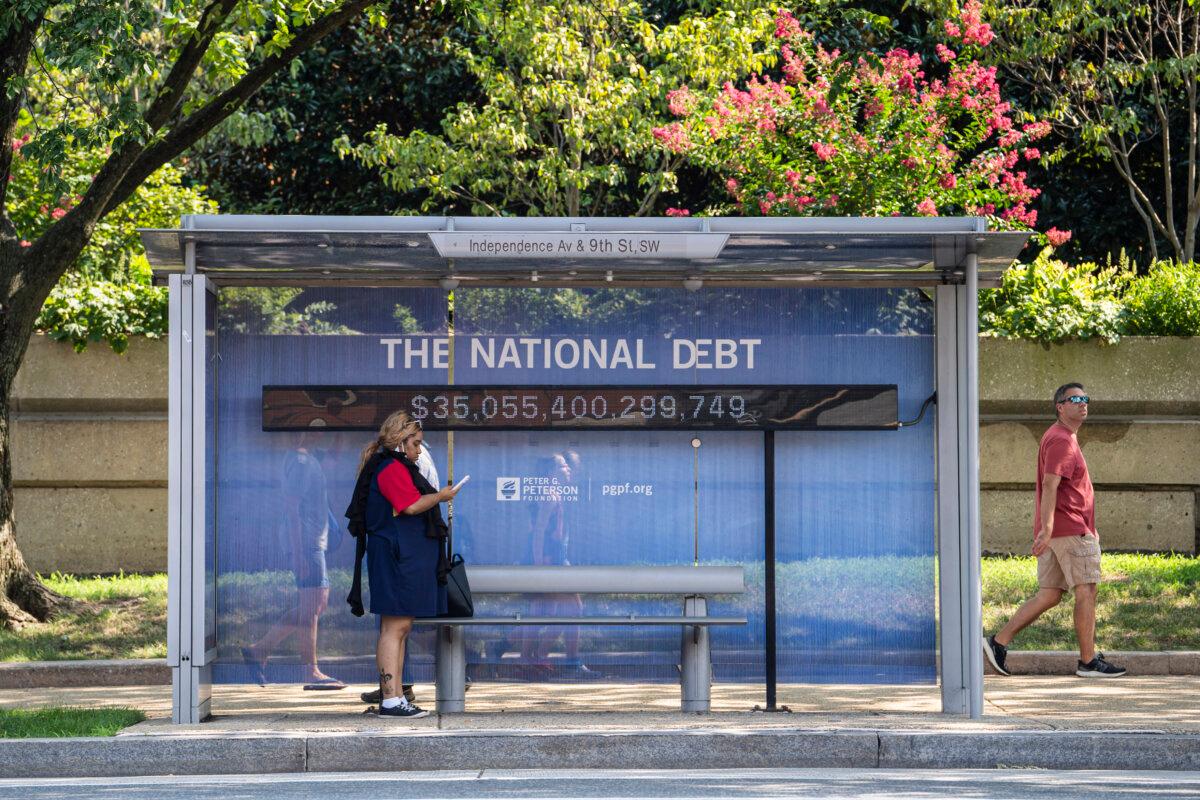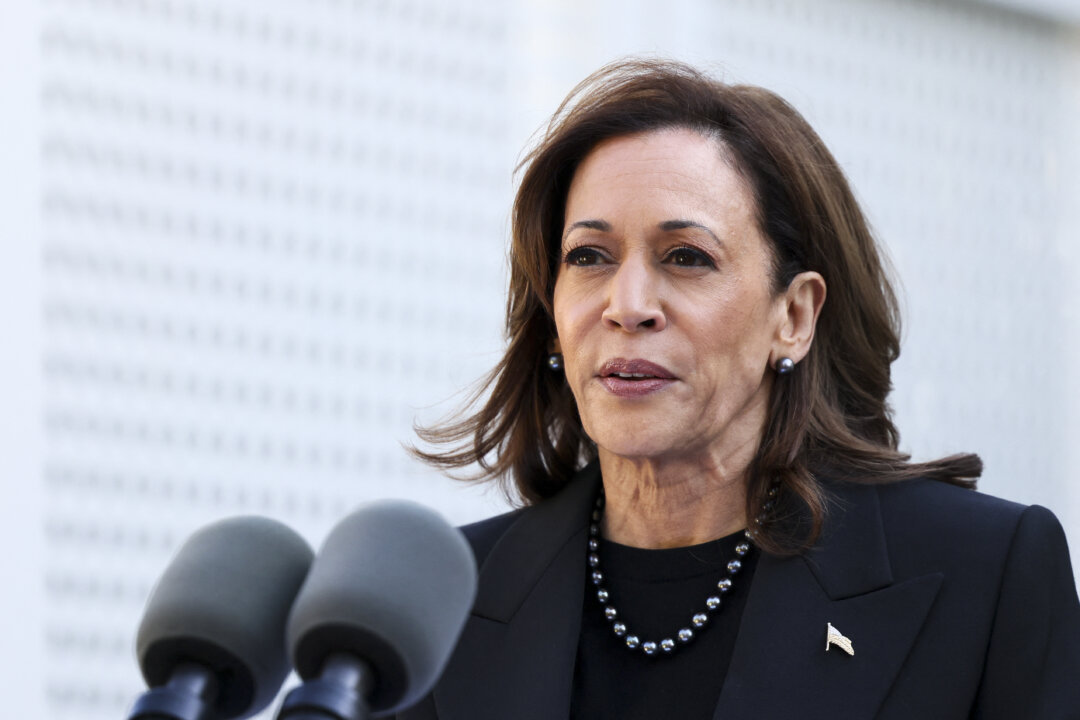An estimated 105 million people provide unpaid care across the country. Unclear yet how much the proposal would add to the national debt.
Vice President Kamala Harris proposed a new plan on Oct. 8 that would require Medicare to cover the cost of long-term home care.
With the election only 27 days away, the Democratic nominee made the announcement first on ABC’s “The View.”
Harris said that caregivers are facing challenges in balancing their lives, particularly when they are working while also needing to care for their aging parent and their children.
“We’re finding so many are them having to leave their jobs, which means losing a source of income, not to mention the emotional stress,” she said during the show.
Almost one in five Americans over the age of 65 require assistance with basic daily tasks such as bathing, dressing, eating, and toileting, according to a 2023 study published in medical journal Epidemiologia.
Medicare generally does not cover home health care services. Medicaid offers a long-term care safety net but to qualify for coverage, people “must meet state-specific eligibility requirements regarding their levels of income, wealth, and functional limitations,” a Brookings report said.

An estimated 105 million people provide unpaid care across the country, according to studies.
Harris said her plan would require Medicare to provide better wages to care workers and improve the quality of care for seniors and those with disabilities.
Any plan would need Congressional approval to take effect.
It is uncertain how much her home care proposal will add to the national debt.
In response to Harris’s announcement, the Trump campaign drew attention to his plan to remove tax on seniors’ social security and other measures for seniors receiving at-home care.
“Trump will prioritize home care benefits by shifting resources back to at-home senior care, overturning disincentives that lead to care worker shortages, and supporting unpaid family caregivers through tax credits and reduced red tape,” the campaign said in a statement.
During an interview with CBS’ “60 Minutes” on Oct. 7, Harris faced several questions regarding the funding of her economic plan, which included the expansion of the child tax credit.
In September, Harris announced new economic proposals, including permanent restoration of the COVID-19-era increase in the Child Tax Credit to as high as $3,600 per child up from $2,000 currently, and a $6,000 one-time tax cut for families with newborns.

According to the Committee for a Responsible Federal Budget, the vice president’s previous proposals were projected to raise the debt by $3.5 trillion over the next decade.
Harris maintained her position that she would increase taxes on the wealthy.
When questioned about Congress’s lack of willingness to raise taxes and how she would achieve consensus on the matter, Harris disagreed and said there are “a lot of folks in Congress” who agreed with her plans to raise taxes.

